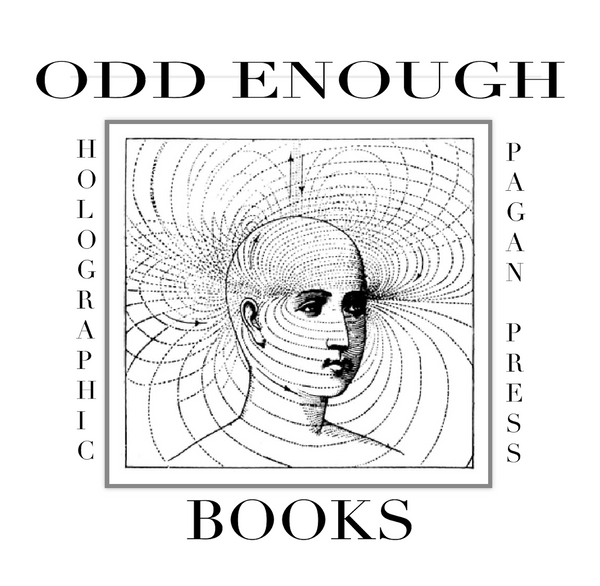Frank Channing Haddock
How Brain Power Wins Success -- Frank Channing Haddock -- 1911
How Brain Power Wins Success -- Frank Channing Haddock -- 1911
Couldn't load pickup availability
Written by Frank Channing Haddock in 1911.
This particular copy was especially printed for 20th century printing tycoon Albert Lewis Pelton gifted to him as a “Special Edition Printed” in 1911 by Frank Channing Haddock — Originally an advertising solicitor and newspaper ad copy writer, Pelton later became a millionaire by publishing self-improvement books from his Pelton Publishing Company, under the imprint of "Ralston University Press." When the government ordered him to stop using that name he changed to Ralston Press. He published authors such as Dr. Frank Channing Haddock, Napoleon Hill, and Edmond Shaftsbury. He sold over 500,000 copies of Haddock's "Power of Will." In 1920 Pelton published the only book he wrote himself, a slim volume entitled "The Creed of the Conquering Chief, as expounded by the inspired orator, an experiment in psychology." He retired from publishing in 1946. Son of William A. and Harriet Lyne Pelton. He married Louise Benker in 1906, with whom he had two sons and a daughter.
Frank Channing Haddock (November 17, 1853 in Watertown, New York – February 9, 1915 in Meriden, Connecticut) was an influential New Thought and self-help author, best known for his multi-volume series The Power-Book Library.
Frank Channing Haddock was born in Watertown, New York. His parents were the Methodist minister George C. Haddock and Cornelia B. Herrick Haddock.[1] After graduation from Lawrence College, Appleton, WI in 1876, he first undertook training for the Methodist ministry but decided instead upon the field of law, and was admitted to the bar in 1881. He moved to Milwaukee, Wisconsin, where he established himself as an attorney. In 1887, after his father was assassinated in Sioux City, Iowa due to his connection to the temperance movement, Frank Haddock returned to the church, and worked as a minister in Iowa, Ohio, and Massachusetts.
Haddock retired from the ministry to become a writer. As a New Thought author and lecturer, he became well known for his teachings on will power, cultivation of the will, ethics, financial and business success, philosophy, and spirituality. Like his contemporaries William Walker Atkinson and Charles F. Haanel, he exemplified the more secular and less overtly religious side of the New Thought movement.
Haddock died in Meriden, Connecticut on February 9, 1915, at the age of 62. The cause of death was meningitis, at that time a virtually untreatable disease. He was just completing his final work, Creative Personality at the time, and it was published posthumously.


























